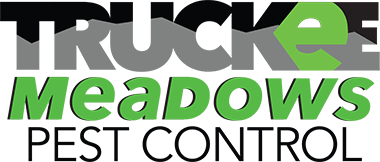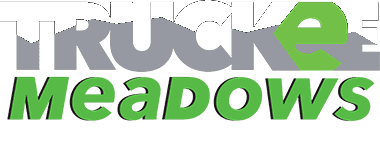Bees & Wasps Control in Reno
Protecting Customers from Stinging Insects throughout Carson City & Beyond
- Discover Honey Bees in Southern Nevada: Nature's Sweet Producers - Honey bees are found in Southern Nevada get their name from the sweet yellowish-brown fluid they make from the nectar of flowers that they use as food. They provide honey and wax. They are identified commonly by their yellow to orange bodies and black bands. Honey bees are non-aggressive and are typically blamed for stings that come from yellow jackets. Honey bees are beneficial to our environment as pollinators and should not be exterminated if at all possible. Most times honey bees can be captured and relocated by a professional at no charge to the customer. If you have a problem with bees give us a call and we can identify the problem and help with a resolution.
- Understanding Yellow Jackets: Your Southern Nevada Pest Control Guide - Yellow Jackets are social insects that live in nests or colonies. Identified by their yellow and black bodies. Adults consist of workers, sterile females, queens, and males that come from unfertilized eggs and usually appear in late summer. They are considered beneficial because their food consists of other insects. Yellow jackets can sting multiple times without losing their stinger. When nests are located near homes, buildings, or parks they become unwanted pests. Overwintering queens can be found indoors seeking warmth or in spring looking for nesting sites.
- Paper Wasps in Southern Nevada: Identification and Nesting Habits - Paper wasps get their name from the paper-like material they use to make their umbrella-shaped nests. Identified by their yellow and black body with a pinched midsection. Nests are commonly found under the eaves of roofs, less used buildings, and inside Jacuzzis. They can sting multiple times without losing their stinger. In late fall inseminated females will search out crevices in flashings, chimneys, door frames, or utility line boxes to overwinter.
Other Stinging Pests in Truckee Meadows: A Comprehensive Overview - Some of the other stinging pests found in the Truckee Meadows area include Solitary bees, Ground nesting bees, Cicada Killers, Baldface Hornets, Mud Daubers, and Spider wasps.
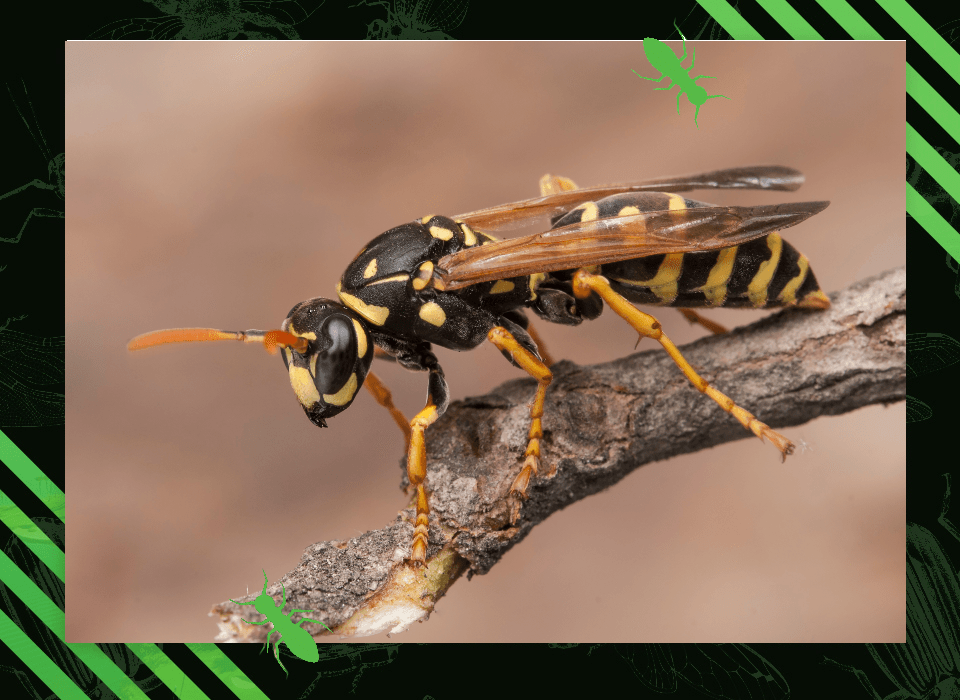
Some of the Common Stinging Insects in Nevada Are:
- Honey bees - Honey bees are found in Southern Nevada get their name from the sweet yellowish-brown fluid they make from the nectar of flowers that they use as food. They provide honey and wax. They are identified commonly by their yellow to orange bodies and black bands. Honey bees are non-aggressive and are typically blamed for stings that come from yellow jackets. Honey bees are beneficial to our environment as pollinators and should not be exterminated if at all possible. Most times honey bees can be captured and relocated by a professional at no charge to the customer. If you have a problem with bees give us a call and we can identify the problem and help with a resolution.
- Yellow Jackets - Yellow Jackets are social insects that live in nests or colonies. Identified by their yellow and black bodies. Adults consist of workers, sterile females, queens, and males that come from unfertilized eggs and usually appear in late summer. They are considered beneficial because their food consists of other insects. Yellow jackets can sting multiple times without losing their stinger. When nests are located near homes, buildings, or parks they become unwanted pests. Overwintering queens can be found indoors seeking warmth or in spring looking for nesting sites.
- Paper wasps - Paper wasps get their name from the paper-like material they use to make their umbrella-shaped nests. Identified by their yellow and black body with a pinched midsection. Nests are commonly found under the eaves of roofs, less used buildings, and inside Jacuzzis. They can sting multiple times without losing their stinger. In late fall inseminated females will search out crevices in flashings, chimneys, door frames, or utility line boxes to overwinter.
Some of the other stinging pests found in the Truckee Meadows area include Solitary bees, Ground nesting bees, Cicada Killers, Baldface Hornets, Mud Daubers, and Spider wasps.
-
“Ants have taken over my brick patio! My Truckee Meadows Pest Control technician treated the entire patio area and reminded me that they have a 30-day guarantee, so if the ants don't disappear in a few days, just give him a call and he'll come back and treat it again for no additional charge. I appreciate their commitment to great customer service, which is why we are on a regular service plan with them.”
Cynthia C.


Products
We care about our delicate environment, so we only use the highest quality products and apply them strategically to keep your home pest free.
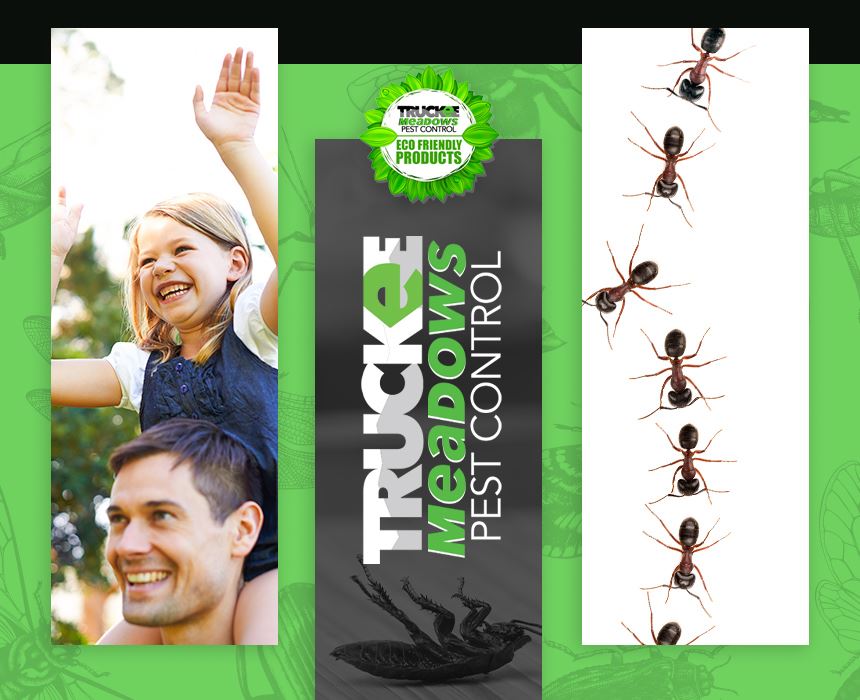

Being the Best
-
Personalized Service Plans
-
All Technicians are NPMA Certified
-
100% Satisfaction Guarantee
-
Locally & Family-Owned Business
-
24 Hour Response Guaranteed
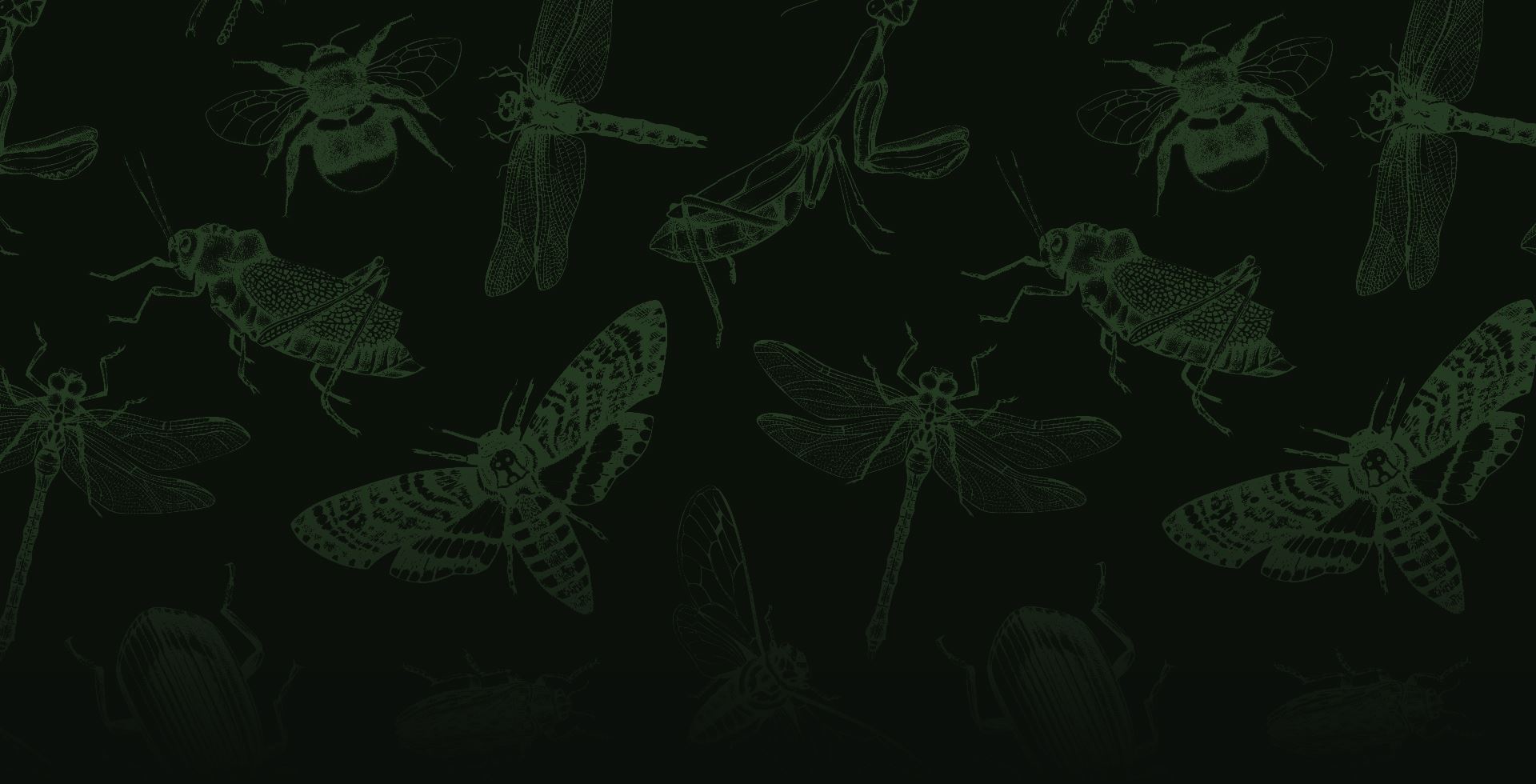

Our Experts Can Help!
